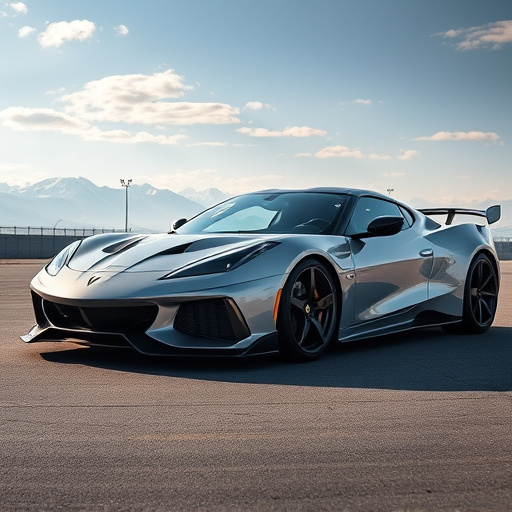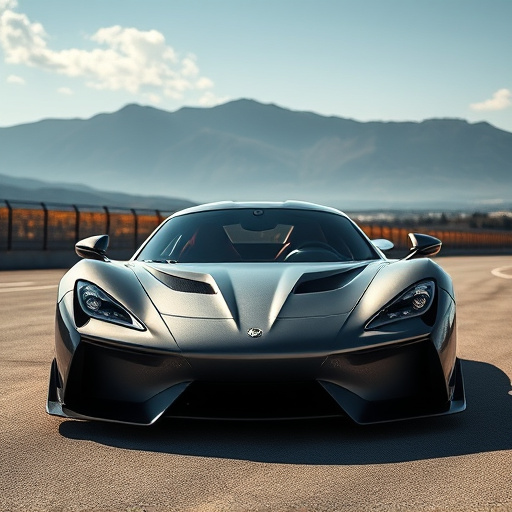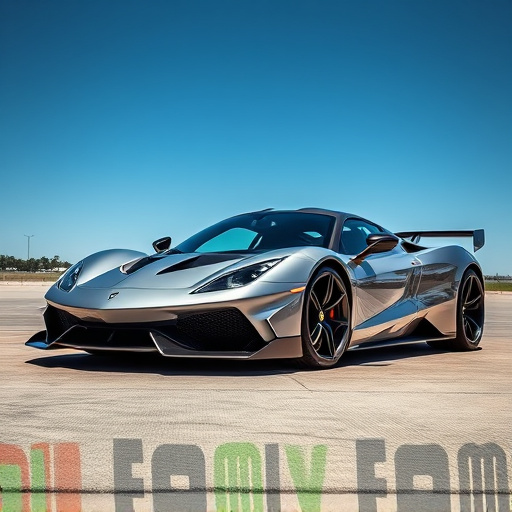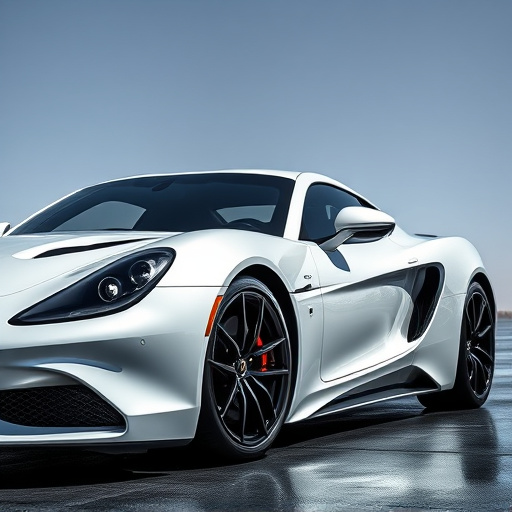Engine size plays a pivotal role in vehicle performance, with larger engines typically offering more power and torque. However, modern small engines can outperform through advanced technology. When modifying for enhanced performance, comparing and upgrading air intake filter sizes is crucial. Larger filters increase airflow and power output but may not be suitable for all vehicles; smaller, high-flow designs optimize air distribution. The optimal choice depends on vehicle make/model, desired modifications, and specific performance needs, ranging from universal to OEM or high-performance filters. Selecting the right air intake filter—matching engine size and specs—is vital for optimal performance, efficiency, and vehicle longevity. Incompatibility can lead to reduced horsepower, restricted airflow, and potential engine damage.
In the pursuit of optimal vehicle performance, understanding the relationship between engine size and air intake filters is paramount. This comprehensive guide delves into the intricate link between these components, offering a detailed exploration of air intake filter sizes comparison. From comprehending engine size’s impact on performance to selecting the perfect air intake filter, this article equips readers with the knowledge needed to make informed choices for enhanced driving experience. Discover how choosing the right air intake filter can elevate your vehicle’s capabilities through this insightful analysis of various engine sizes and their corresponding filter requirements.
- Understanding Engine Size and Its Impact on Performance
- Air Intake Filter Sizes: A Comprehensive Comparison
- Matching Engine Size with the Right Air Intake Filter
Understanding Engine Size and Its Impact on Performance

Engine size is a critical factor in determining a vehicle’s performance and handling capabilities. It refers to the displacement or volume of the engine, measured in cubic centimeters (cc) or liters (L). The larger the engine size, generally, the more power and torque it produces, resulting in improved acceleration and top-end speed. However, this relationship is not always linear, as modern engines with smaller capacities can outperform older models through advanced technology and design.
When considering performance modifications, comparing air intake filter sizes becomes relevant. Air filters play a vital role in engine performance by regulating the flow of clean air into the combustion chamber. Upgrading to larger air intake filters, specifically designed for higher-displacement engines, can enhance airflow and thus boost power output. This is particularly noticeable when combined with other upgrades that match the engine’s enhanced capabilities, ensuring optimal performance and efficiency.
Air Intake Filter Sizes: A Comprehensive Comparison

When it comes to enhancing engine performance, the air intake filter plays a crucial role. But with various sizes available, how do you choose the right one? This section provides an in-depth air intake filter sizes comparison to guide your decision. Understanding the relationship between filter size and airflow is essential; larger filters allow more air, potentially boosting power, but smaller, high-flow designs can also improve performance by ensuring optimal air distribution.
The choice depends on your vehicle’s make and model, as well as desired modifications. A comprehensive comparison reveals that universal filters offer flexibility, while OEM replacements ensure precise fitment. High-performance filters, often characterized by their smaller size and advanced materials, are designed to restrict airflow at low speeds for maximum efficiency, transitioning to unrestricted flow at higher RPMs for increased power. This tailored approach makes them popular among enthusiasts seeking a balance between daily drivability and track performance.
Matching Engine Size with the Right Air Intake Filter

Choosing the right air intake filter goes hand in hand with selecting an engine size that’s tailored to your vehicle. When considering air intake filter sizes comparison, it’s crucial to match the filter to your engine’s specifications for optimal performance and efficiency. A larger engine might require a bigger air intake filter to handle increased airflow demand, while smaller engines benefit from filters designed for smoother, more controlled air flow.
An improperly matched air intake filter can lead to issues like restricted airflow, reduced horsepower, and even damage to your engine. Therefore, it’s essential to research and select an air intake system that includes a filter designed specifically for your engine size and power output. By ensuring compatibility, you’ll enhance engine performance and ensure the longevity of your vehicle.
When it comes to enhancing vehicle performance, matching your engine size with the appropriate air intake filter is a key strategy. By understanding the impact of engine size on performance and comparing different air intake filter sizes, you can make an informed decision. This guide has provided a comprehensive overview, ensuring that you find the perfect balance for your automotive needs. Remember, the right combination of engine size and air intake filter can significantly improve efficiency and overall driving experience. So, take the time to match them accordingly for optimal results.














